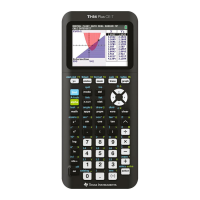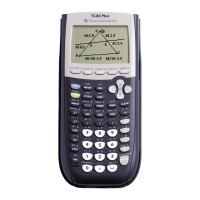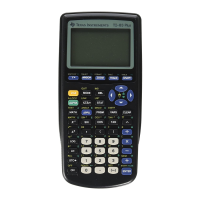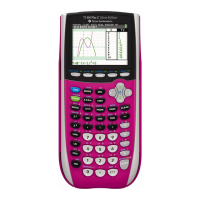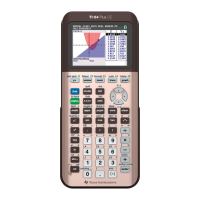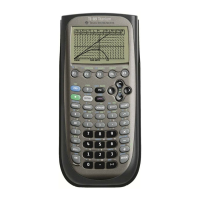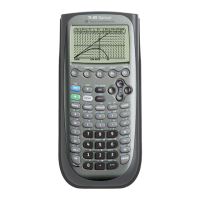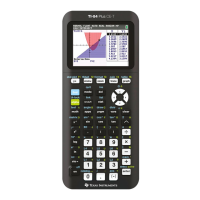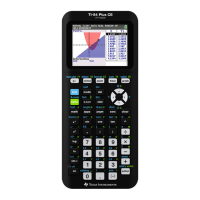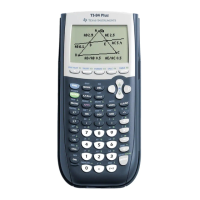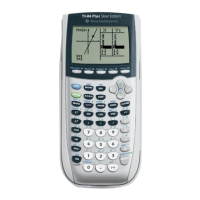Section 3: Assembler
147
TI
-
89 / TI
-
92 Plus Sierra C Assembler Reference Manual
Not for Distribution
Beta Version February 2, 2001
A single quote (
'
) is represented by a pair of single quotes (
'
'
) when using
asm68k
, and by an escaped single quote (
\'
) when using
asm68
.
Furthermore, if the
.opt
(not
OPT
) directive is used in a file assembled by
asm68k
, escaped characters are allowed in a character constant appearing in
the effective address field of an instruction. The behavior switch based on the
detection of the
.opt
directive is needed to allow compiler generated assembly
code to be assembled by
asm68k
. The escaped characters recognized by
asm68
(and
asm68k
in the presence of the
.opt
directive or in an
asm68
style
data directive) are shown in Table 3.7.
Syntax Description
\a bell (alert)
\b backspace
\f form feed
\n newline
\r carriage return
\t tab
\v vertical tab
\x
h
hexadecimal constant (
h
is at most 3 hexadecimal digits)
\X
h
hexadecimal constant (
h
is at most 3 hexadecimal digits)
\
o
octal constant (
o
is at most 3 octal digits)
\^
c
<ctrl>-
c
(
c
is an alphabetical character)
\
cc
(
c
is any character excluding escaped characters shown here)
Table 3.7: Escaped Characters
When a character constant is used with the
DC
directive (
asm68k
), it is legal to
exceed the character limit. It has the following effect:
DC.B 'abc' ; equivalent to DC.B 'a','b','c'
DC.W 'abc' ; equivalent to DC.W 'ab','c'
When a character constant is used with the
.byte
or
.ascii
directive, it is legal to
exceed the character limit by specifying the constant as a string. Strings are
delimited by double quotes (
"
). It has the following effect:
.byte "xyz" ; equivalent to .byte 'x','y','z'
Strings are not null terminated (whereas they are in the C language).
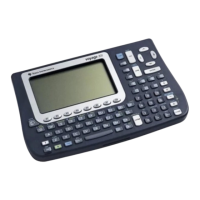
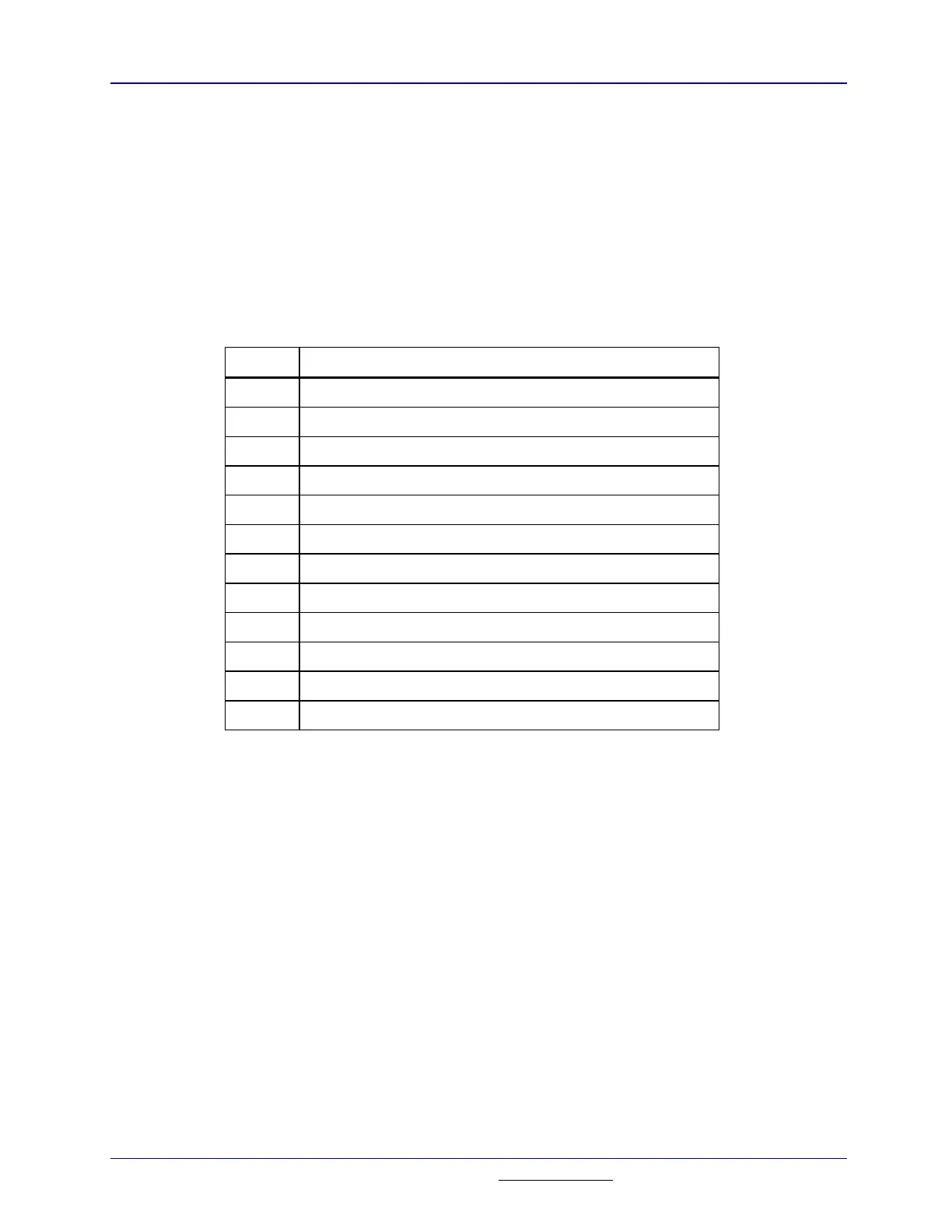